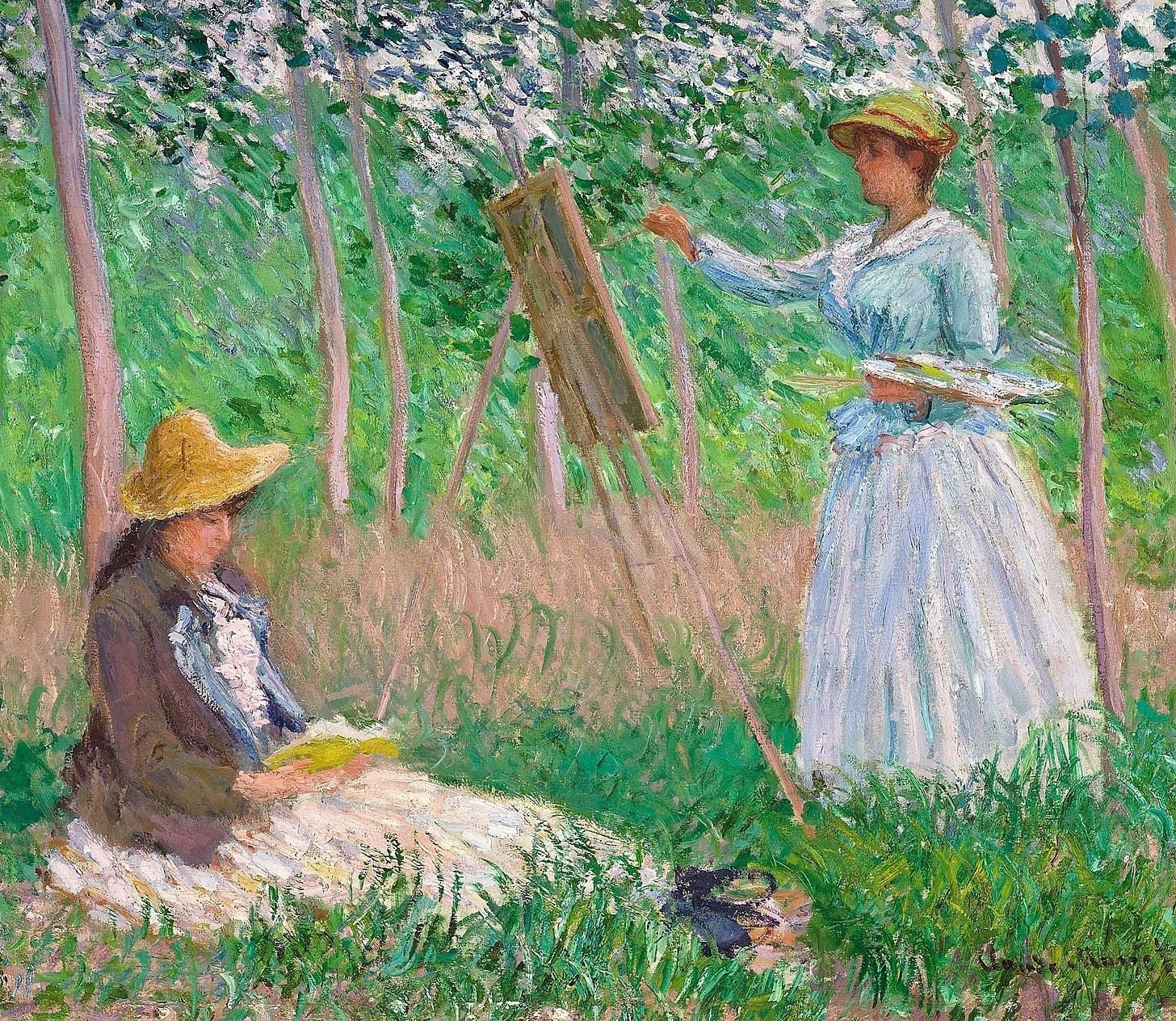Investigation: Is Philosophy Dead?
SA Episode #4
Hello friends,
Greetings from Amsterdam 🇳🇱
Welcome to Episode #4 of the The Sovereign Artist series.
A few weeks ago I came across a controversial aphorism—a declaration of independence—by Emil Cioran, a famous philosopher born in Transylvania:
I somehow tend to read a lot more than I usually do these days; but I don’t write that much—except for some sloppy notes I share on paper.
But that’s not writing. Writing is—should be—structured. Coherent. Explosive.
I believe it has to do with the change of seasons. During winter, I’m drawn toward deep but slow work. No deadlines. No metrics. No strategy. And thus no pressure.
The lack of sunlight makes me surprisingly calm—but this should be my lack of energy masquerading as a virtue… I’m currently reading the likes of Montaigne, Taleb, Umberto Eco, Roger Scruton, and Julius Evola—they all have the golden status of barely being prescribed by the school curriculum.
Q: Have you ever tried to convince yourself to normalize silence?
Sit down in a room alone with your thoughts and feelings. Keep a notebook. Travel with it. Sleep with it. Work out without music. Aim to walk (slowly, very slowly) without any predetermined goal or destination. Look down at your feet. Notice how effortlessly they move. Feel the ground pushing back against you.
Naval Ravikant came up with a powerful phrase: “To measure the quality of your life, simply do nothing, and see how it feels.”
In an age of endless distractions, the greatest accomplishment of a human, a busy primate, is to be able to spend hours and hours without doing anything. You’re in control of your life only if you can enjoy inaction without feeling any remorse.
3 Aphorisms
I.
Logic, if used as the main instrument for thinking, frustrates the functions of the mind—it doesn’t improve them. Great ideas are the result of undirected curiosity, creativity, serendipity, and higher pleasures.
II.
Emil Cioran’s favorite leisure activity was to travel by bicycle around France, exploring the countryside—always making sure to stop by the cemeteries he came across to meditate on death and the meaning of life.
[Instead of reading yet another self-help book, why don’t you take a walk through a cemetery? H/T Mark Baker via Twitter]
III.
My reason is simply a greedy lawyer hired by my guilty instincts, feelings, and values to prove them innocent. This lawyer is responsible to conserve and protect my identity from sudden changes.
If I adjust my beliefs too quickly and too often—I risk going insane. I’m open-minded only in the sense that my mind is closed by openable windows… And these windows have both shutters and curtains.
Investigation: Is Philosophy Dead?
ELEGANCE BEING alien to him, my professor enters the room wearing a whacky suit, ready to teach us…something. It’s hard for me to pay attention, so I choose to daydream for a while—at first about nonsense, but then, as I stay firm in my decision not to follow his thread, I manage to scribble down some notes...that have nothing to do with his lecture. I can’t tell exactly what he was trying to teach us, since it was that kind of information you forget seconds after taking the exam.
Most self-help books are nothing but kitsch philosophy... A consumerist form of “wisdom” and a strange modern trend that doesn’t seem to end soon… Terrible advice masquerading as “progressive” literature.
BOTH ACADEMIA and the self-help industry killed philosophy. Academics managed to turn philosophy into the most boring subject on the planet; the self-help industry made philosophy “accessible” by getting rid of the values, rigor, and erudition required to properly produce a work of philosophy.
The challenge is clear. How can we bring philosophy back to life? How can we turn this now dull, impractical, and at times degenerated subject, overly concerned with theoretical precision or linguistic debris, into something entertaining without destroying its architecture? Making philosophy fun is dangerous.
Ludwig Wittgenstein, the Austrian philosopher, brilliantly remarked that “a serious philosophical work could be written consisting entirely of jokes.”
“When I was a child, I wanted to become a standup comedian. But then I studied philosophy. So I became the joke.” — Mahmoud Rasmi
This is not a call to turn philosophy into comedy but rather that any philosophical work could very well be an expression of play. Philosophy has the right to entertain the mind. Paradoxically, if philosophers wish to be taken seriously, they must have the courage to sprinkle some joy over their intellectual exercises. “You’re superficial precisely because you take things too seriously,” Lucian Blaga wrote.
5 Aphorisms by Nassim Taleb
i. Worrying about showing signs of weakness is a sign of weakness.
ii. What counts is not what people say, but how much energy they spend saying it.
iii. Used skillfully, a compliment can be much more offensive than any form of criticism.
iv. Just as eating steak doesn’t turn you into a cow, studying philosophy doesn’t make you a philosopher.
v. The world is split between those who don’t know how to start making money and those who don’t know when to stop.
Wrapping up...
Hope you liked this episode!
Any feedback, suggestion, or criticism is welcome.
Thank you for your time,
Vizi Andrei
Host of The Sovereign Artist (Program)



